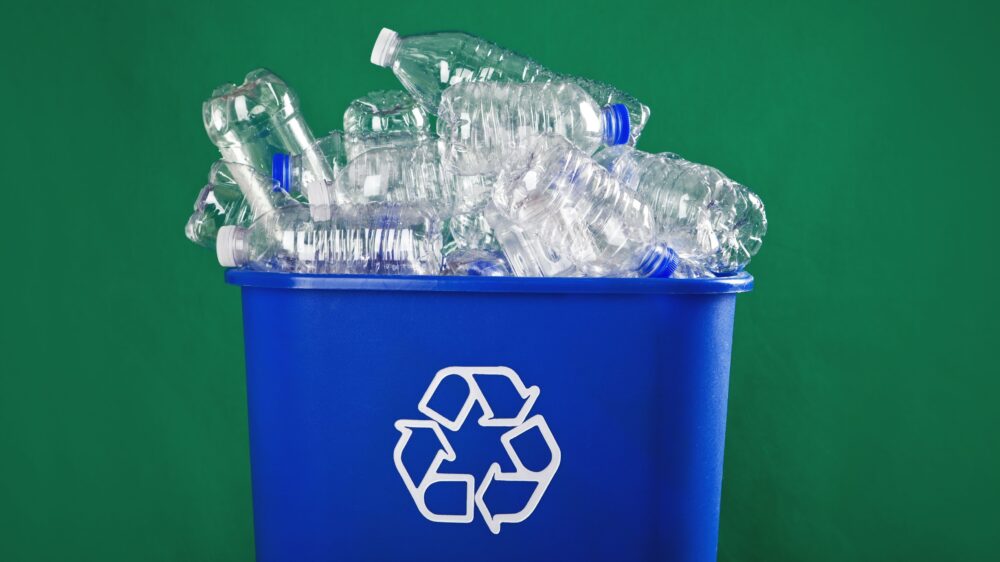Our environment is continuously degrading by the increasing production of plastic day by day. It is crucial for us to take action right now.
Research published in Science shows that even if governments around the globe agree and commit to addressing plastic pollution, in 2030 we will still emit between 20 million and 53 million tons of plastic waste into the world’s aquatic ecosystems. So making global commitments at this point is not a viable solution in the long run.
Plastic pollutes our water. Each year tons of plastic are dumped into the ocean. As plastic does not dissolve remains in water does hampering its purity and thus being a threat to the aquatic life.

It is also ruining soil and land. soil fertility is decreasing and the disease-carrying insects are accumulating in plastic landfills.

It is non-biodegradable and it remains on the surface of the earth forever.
Plastic production is spreading like a disease which has no cure. Recycling is one of the best ways to have a positive impact on the world in which we live but only to an extent in the case of non-biodegradable materials.

Plastics are cheaper than recycled products, undermining the viability of the recycling sector. Less than 10% of the plastics are recycled. Moreover, the abundance of disposable plastic has led to dumping large quantities of mix plastic waste in developing countries. Southeast Asia happens to be the most common dumping ground.
Another factor is health. Thousands of toxic chemicals are being released into the environment throughout the process of plastic production and most of them are unregulated. Plastic workers complain of high rates of respiratory and cardiovascular disease and cancers due to the production of bisphenol.
Hence we also need to reduce our use of these items because it not only deteriorates the environment but also has an effect on the entire ecosystem.




